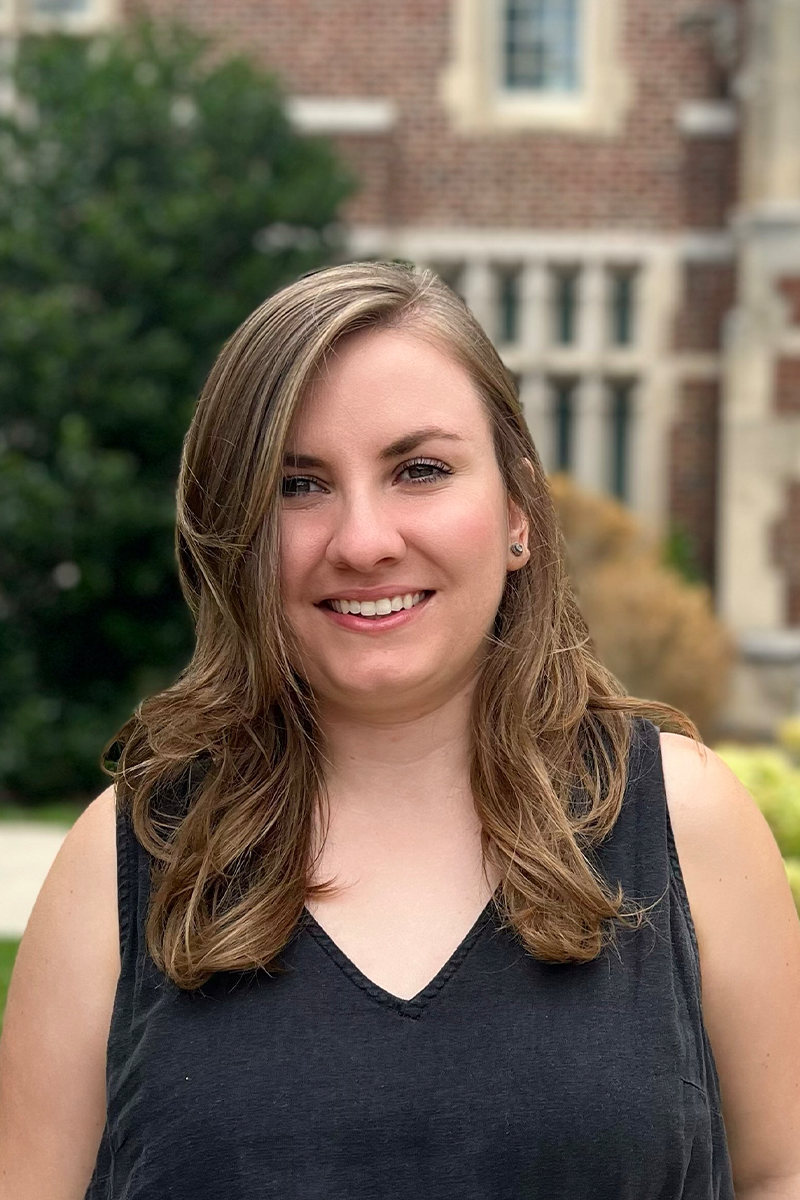Cynthia Navarro Flores

Cynthia Navarro Flores
I am the co-director of the Targeting Health disparities through Research, InnoVation, and Equity (THRIVE) Lab, which focuses on (a) improving access to mental health services, (b) identifying youth at-risk for developing mental health problems following exposure to adversity, (c) understanding mechanism of resilience after trauma exposures, and (d) leveraging community strengths to promote the wellbeing of marginalized youths and families.
My program of research aims to reduce mental health disparities by (a) understanding mechanisms by which psychopathology and resilience develop following adversity (e.g., adverse child experiences, trauma) in order to inform intervention and social policy efforts, and (b) increasing equitable access to culturally competent evidence-based services for marginalized youth and families.
My research uses a liberation psychology lens to understand the disproportionate burden of adversity and resulting health disparities thrust upon marginalized communities (e.g., people of color) as a result of systemic oppression. I utilize advanced statistical methods (e.g., longitudinal data analysis, structural equation modeling, machine learning) to better capture the heterogeneity in the diverse lived experiences of individuals. I also draw novel insights from cross-sectional and longitudinal data regarding the differential effects of various adversities/traumas and moderating factors that promote resilience to identify ways to tailor interventions to individuals.
My first line of research focuses on understanding the mechanisms by which adversity (e.g., cumulative, individual effects, clustering, timing) impacts the mental wellbeing of youth, especially those from marginalized communities (e.g., youth of color) in hopes of identify youth who are at-risk for developing mental health problems following exposure to adversity. My current research has focused on understanding how adverse childhood experiences (ACEs) relate to mental health problems among youth. I am expanding my work to include other types of adversities that disproportionally impact youth from marginalized communities (e.g., community violence, immigration trauma, ethnic racial trauma). I am also interested in understanding mechanisms of resilience (e.g., coping mechanisms, cultural values) that ameliorate the effects of trauma exposure on mental health problems to inform intervention efforts. My second area of inquiry focuses on establishing a community-based participatory research program with local stakeholders (e.g., community organization, schools) to identify and address the challenges experienced by marginalized youth and families in Knox County. These efforts will have a specific focus on alleviating the detrimental effects of adversity (e.g., interpersonal and community violence, discrimination and racism) on the mental health of youths. Additionally, this work will also focus on improving the measurement and treatment of ethno-racial trauma and promoting collective healing.